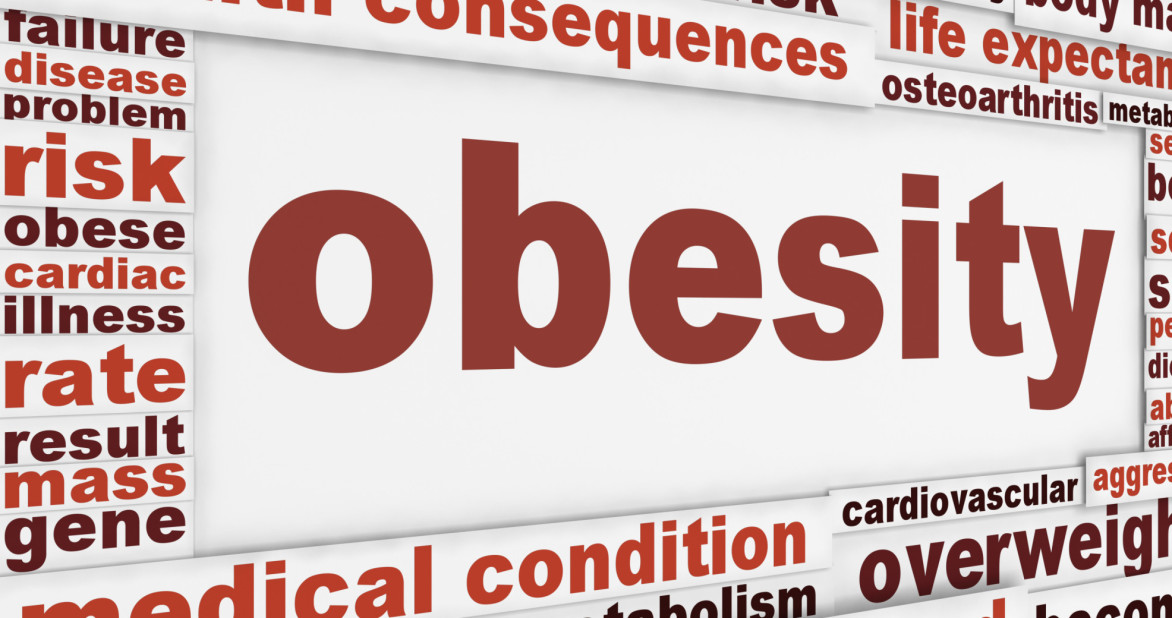

Postnatal influences on obesity if not corrected can derail the fight against obesity
Postnatal influences on obesity: Stopping obesity occurrences professionally
Environmental influences don’t stop with birth. Instead, they merely shift from a small, confined space largely controlled by the mother’s genes, lifestyle, and physiology to an unbounded environment with equally influential effects. Three modifiable postnatal influences or factors during infancy that may stimulate weight in later life include:
- How rapidly an infant gains weight.
- How long an infant is breastfed.
- How much an infant sleep.
And according to the experts from AWAREmed health and wellness resource center under the able leadership of doctor Dalal Akoury MD, these are some of the factors that need to be watched closely in the development of children and should you notice any abnormalities, then waste not minute and schedule an appointment with the experts right away.
Postnatal influences on obesity: Breastfeeding and obesity risk
The initiation and duration of breastfeeding may influence obesity in later life, although this is a controversial area of research. In two meta-analyses of breastfeeding versus bottle feeding, breastfeeding was associated with a 13 percent and a 22 percent reduced risk of obesity in later life. Duration of breastfeeding may matter: A meta-analysis of 17 studies of breastfeeding duration found that each additional month that infants were breastfed was associated with a 4 percent lower risk of obesity later in life.
It is not clear that breastfeeding itself actually prevents obesity, however, as both breastfeeding and obesity may be influenced by similar socioeconomic and cultural factors. Although debate lingers over whether breastfeeding protects against childhood obesity, breastfeeding has many other proven health benefits for infants and their mothers, and it should be promoted regardless of its relationship to childhood obesity.
Healthy behaviors during and even before pregnancy can help prevent obesity
Nutrition and other lifestyle factors during several early periods in the lifecycle just before conception, the months spent in utero, and the months after birth can have profound effects on an individual’s weight at birth, during childhood, and on into adulthood. These are also potentially optimal times for intervention, for two reasons:
Women may be more receptive to making lifestyle changes as they prepare to get pregnant and when they are pregnant to increase the likelihood of having a healthy baby. And after giving birth, many women are willing to make substantial changes to raise a healthy infant. Here are five key messages for clinicians to give to women of childbearing age that could help improve their health and the health of their children, and limit the current epidemic of obesity:
- Strive for a healthy weight before pregnancy.
- Don’t smoke during pregnancy.
- Aim for a reasonable weight gain during pregnancy.
- Breastfeed (preferably without other liquids for 4–6 months and some breastfeeding for at least 12 months).
- Ensure infants get adequate sleep during the first few years of life.
Finally, as I conclude this article, having known the causes you can evaluate yourself and if you feel disturbed by your weight you can visit AWAREmed Health and Wellness Resource Center under Doctor Akoury’s care for treatment. You will be handled with experts who will focus on Neuroendocrine Restoration (NER) to reinstate normality through the realization of the oneness of Spirit, Mind, and Body, Unifying the threesome into ONE to make you get better and enjoy your life to the fullest.
Postnatal influences on obesity: Stopping obesity occurrences professionally
http://www.awaremednetwork.com/

0 comments
Write a comment